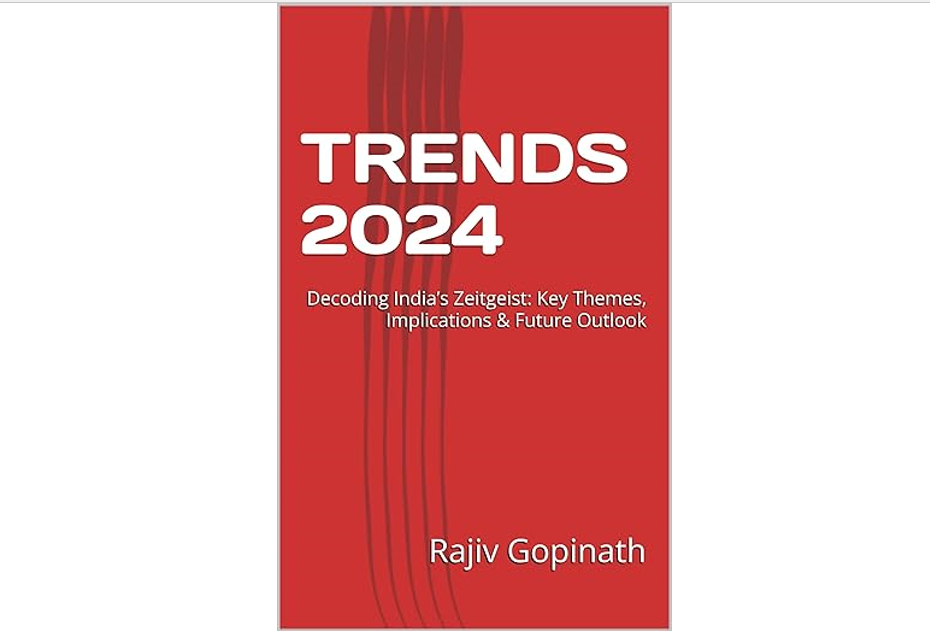How Blockchain Could Change Subscription Billing & Ownership Rights
The revelation struck Joe during a contentious call with a subscription service he thought he had canceled months earlier. After navigating an endless phone tree, a representative finally explained that while Joe had indeed requested cancellation, the system showed he had "accepted" revised terms during a site visit afterward—something he had no recollection of doing. As he hung up, frustrated by the opacity of the process and the difficulty of proving his side, Joe wondered: what if there were an immutable record of every subscription agreement, modification, and cancellation attempt? That evening, while researching potential solutions, he stumbled upon blockchain technology's application to digital contracts and subscription management. The promise of transparent, tamper-proof records of subscription transactions captivated him, opening a window into how distributed ledger technology might fundamentally transform not just billing systems but the very nature of digital ownership in the subscription economy.
Introduction: The Trust Gap in Subscription Commerce
The subscription economy has flourished, growing at 17% annually since 2018 according to Zuora's Subscription Economy Index. However, this growth comes with significant friction—opaque billing practices, contested cancellations, and increasingly complex digital rights management create what MIT researchers call a "trust gap" between service providers and subscribers. Blockchain technology, with its fundamental properties of decentralization, immutability, and transparency, presents a potential solution to these challenges. As subscription services expand beyond entertainment into healthcare, transportation, and essential services, the need for trustworthy ownership and usage rights management becomes increasingly critical. The question isn't whether blockchain will impact subscription commerce, but how profoundly it will restructure the relationship between providers and consumers in the digital economy.
1. Smart Contracts: Automating Subscription Logic
Blockchain-based smart contracts offer revolutionary possibilities for subscription management:
Self-Executing Agreements
Code-based contracts that automatically enforce subscription terms
Condition-Based Billing
Payments triggered only when verifiable service conditions are met
Transparent Modifications
Immutable records of all terms changes requiring explicit consent
Granular Access Control
Precise management of usage rights across multiple devices and users
Harvard Business School professor Marco Iansiti's research demonstrates that smart contract implementation can reduce subscription billing disputes by 83% while decreasing administrative overhead by approximately 27%.
Case Study: Spotify's Experimental Blockchain Platform
Spotify's experimental blockchain platform addresses one of music streaming's most significant challenges—transparent royalty distribution—by implementing smart contracts that automatically distribute micropayments to rights holders based on actual listening patterns, reducing settlement time from months to seconds.
2. Tokenized Subscription Rights: Redefining Digital Ownership
Blockchain enables fundamental reimagining of subscription rights through tokenization:
Transferable Access Rights
Ability to resell or transfer remaining subscription periods
Partial Usage Allocation
Dividing subscription benefits among multiple users
Secondary Markets
Platforms for trading underutilized subscription capacity
Interoperable Memberships
Subscription tokens usable across multiple service providers
Wharton professor Kevin Werbach's analysis of "decentralized subscription networks" suggests that tokenization could unlock over $40 billion in previously illiquid subscription value currently trapped in non-transferable agreements.
Case Study: NBA Top Shot
NBA Top Shot demonstrates how blockchain can transform fan subscriptions, allowing basketball enthusiasts to purchase, trade, and own tokenized moments as digital collectibles with verifiable scarcity—generating over $700 million in trading volume and demonstrating the potential for reimagined ownership within subscription frameworks.
3. Zero-Knowledge Billing: Privacy-Preserving Verification
Blockchain-based zero-knowledge proofs are transforming subscription privacy:
Verified Eligibility
Proving subscription status without revealing identity
Consumption Verification
Validating usage patterns while preserving privacy
Selective Disclosure
Sharing only necessary information for service provision
Decentralized Identity
User-controlled subscription credentials across platforms
MIT Media Lab research on "minimal disclosure credentials" indicates that zero-knowledge systems can reduce data exposure in subscription transactions by up to 96% while maintaining necessary verification capabilities.
Case Study: Brave Browser's Blockchain-Based Attention System
Brave Browser's blockchain-based attention system allows users to anonymously verify their attention to advertisements while receiving compensation—fundamentally restructuring the value exchange in content subscription models without compromising privacy.
4. Micropayment-Enabled Pricing: Consumption Granularity
Blockchain enables economically viable micropayments that transform subscription pricing:
Pay-Per-Use Precision
Charges aligned exactly with actual consumption
Dynamic Resource Allocation
Real-time pricing based on service availability
Fractional Subscriptions
Micro-access to premium services without full commitments
Value-Transfer Networks
Cross-subscription value exchange and bundling
The Brookings Institution's economic analysis of blockchain-based micropayments suggests they could reduce subscription overprovisioning by 34%, addressing what economists call the "subscription inefficiency problem" where consumers routinely overpay for unused capacity.
5. Decentralized Subscription Networks: Platform Disintermediation
The most transformative potential exists in fully decentralized subscription platforms:
Provider-Direct Relationships
Eliminating intermediary platforms and associated fees
Algorithmic Governance
Community-determined subscription terms and pricing
Cross-Service Bundling
Permissionless creation of multi-provider subscription packages
Open Subscription Protocols
Standardized frameworks for interoperable services
Professor Clayton Christensen's disruption theory framework suggests that decentralized subscription networks represent a classic low-end disruption vector that could ultimately challenge centralized subscription giants by removing intermediation costs and enabling long-tail service provision.
Conclusion: The Verifiable Subscription Future
Blockchain technology presents a transformative opportunity to address the trust, flexibility, and transparency challenges that have plagued the subscription economy. By creating immutable records of agreements, enabling new ownership models, and facilitating direct relationships between service providers and consumers, blockchain has the potential to fundamentally restructure digital commerce relationships.
As management theorist Peter Drucker noted, "The greatest danger in times of turbulence is not the turbulence itself, but to act with yesterday's logic." For subscription businesses, yesterday's logic of centralized control, opaque terms, and rigid ownership models increasingly conflicts with consumer expectations for transparency, flexibility, and verifiable fairness—a gap that blockchain technology is uniquely positioned to address.
Call to Action
For subscription business leaders navigating this transformation, several strategic imperatives emerge:
- Experiment with limited blockchain implementations focusing on transparency and dispute resolution
- Explore tokenization models that could enhance subscription flexibility and value perception
- Invest in technical understanding of smart contract capabilities and limitations
- Develop frameworks for evaluating which subscription elements benefit most from decentralization
- Participate in industry consortia defining standards for blockchain-based subscription protocols
The competitive advantage in tomorrow's subscription economy will belong to organizations that embrace blockchain not merely as a technological tool but as an enabler of fundamentally reimagined relationships between service providers and customers in an increasingly digital economy.
Featured Blogs

TRENDS 2024: Decoding India’s Zeitgeist: Key Themes, Implications & Future Outlook

How to better quantify attention in TV and Print in India

AI in media agencies: Transforming data into actionable insights for strategic growth

How the Attention Recession Is Changing Marketing

The New Luxury Why Consumers Now Value Scarcity Over Status

The Psychology Behind Buy Now Pay later

The Rise of Dark Social and Its Impact on Marketing Measurement

The Role of Dark Patterns in Digital Marketing and Ethical Concerns








